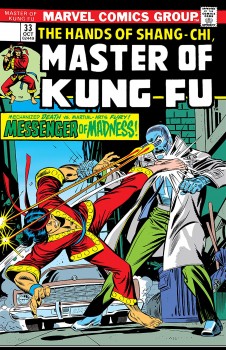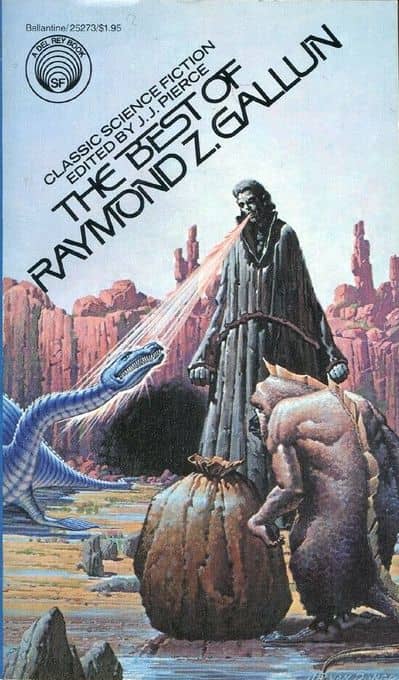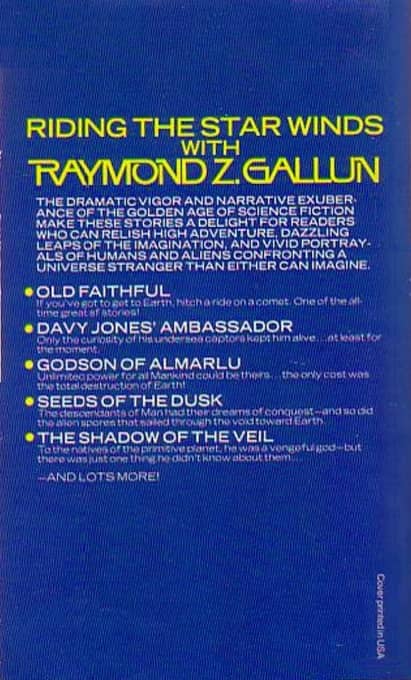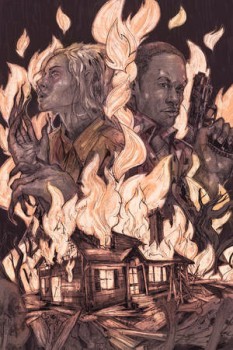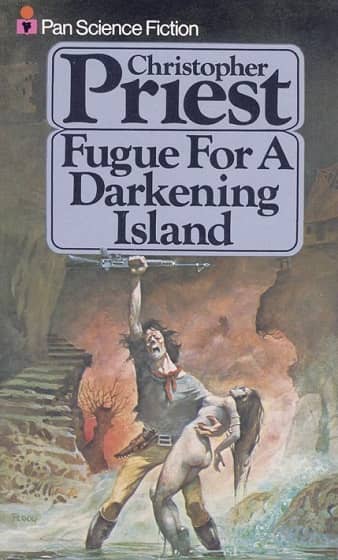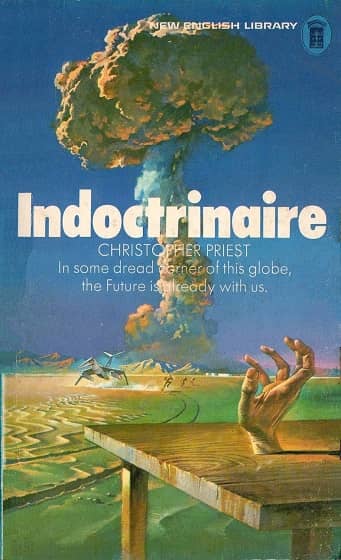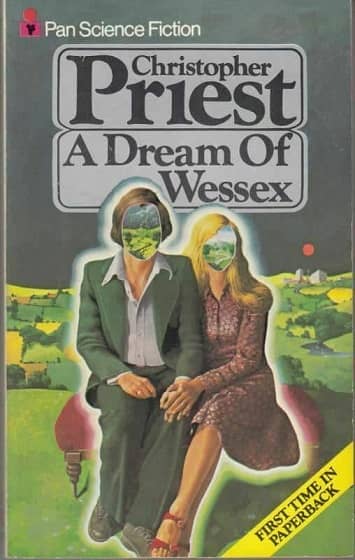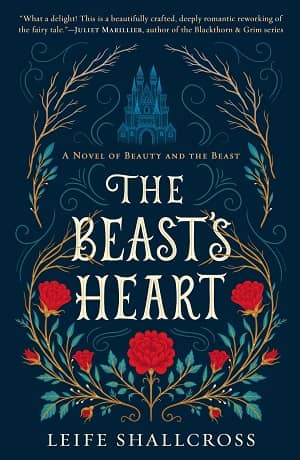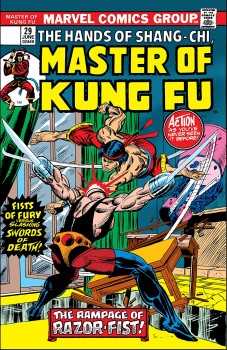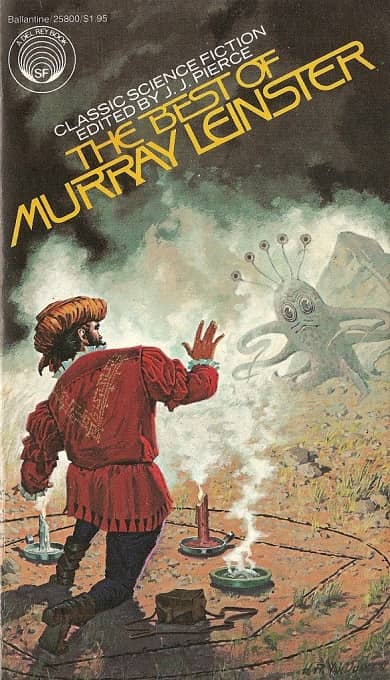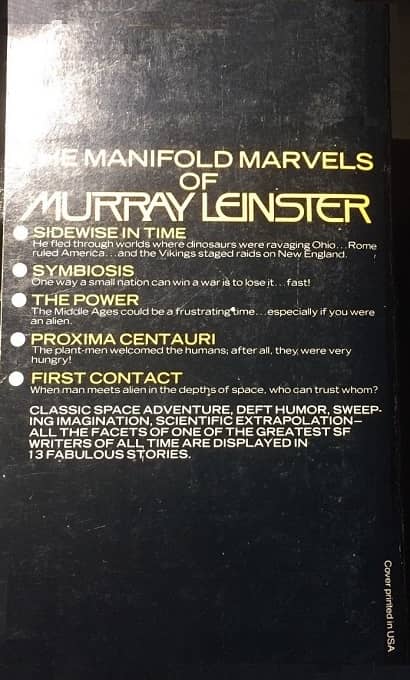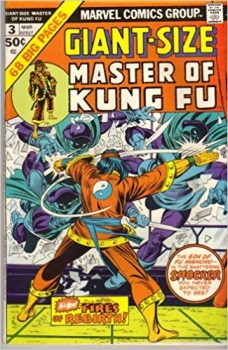Dinosaurs, Mermaids, and Haunted Lumber: The Best of L. Sprague De Camp
The Best of L. Sprague de Camp
(Science Fiction Book Club edition, 1978. Cover by Richard Corben)
The Best of L. Sprague De Camp (1978) was the fifteenth installment in Lester Del Rey’s Classic Science Fiction Series. Poul Anderson (1926–2001) gives the introduction. Darrel Sweet (1934–2011) does his second cover of the series, the first being The Best of Cordwainer Smith. L. Sprague De Camp (1907–2000), still living at the time, wrote the afterword.
I’m a fairly late-comer to science fiction. I grew up with Star Wars and typical sci-fi shows and movies of the late 70s and 80s, but my reading picks tended to be more towards fantasy and horror. So, like many of these classic sci-fi authors in the Del Rey series, L. Sprague De Camp was a new name to me. And it’s interesting, I think, how one can come to a new writer.
In all honesty, I was not looking forward to reading this volume. Most of what I’ve read of and about De Camp hasn’t given me the most favorable impression. Case in point: A couple of years ago I compared De Camp’s Robert E. Howard (REH) biography with Mark Finn’s. If you know anything about De Camp’s reputation among many REH fans, you’ll know that it is usually less than favorable (again, see my earlier post for more details). And, after reading De Camp’s REH bio, I came around to agreeing with some of this critical press. In short, I thought that De Camp could often come off as conceited with his overly bold claims, especially given his tendency of providing insufficient evidence — or none at all!
But after reading The Best of L. Sprague De Camp, I have to say that despite his reputation with many an REH fan, this has become one of my favorite volumes in the Del Rey series. I found De Camp to be a very fascinating writer. Two things, I think, really stand out in his science fiction writing.


